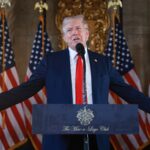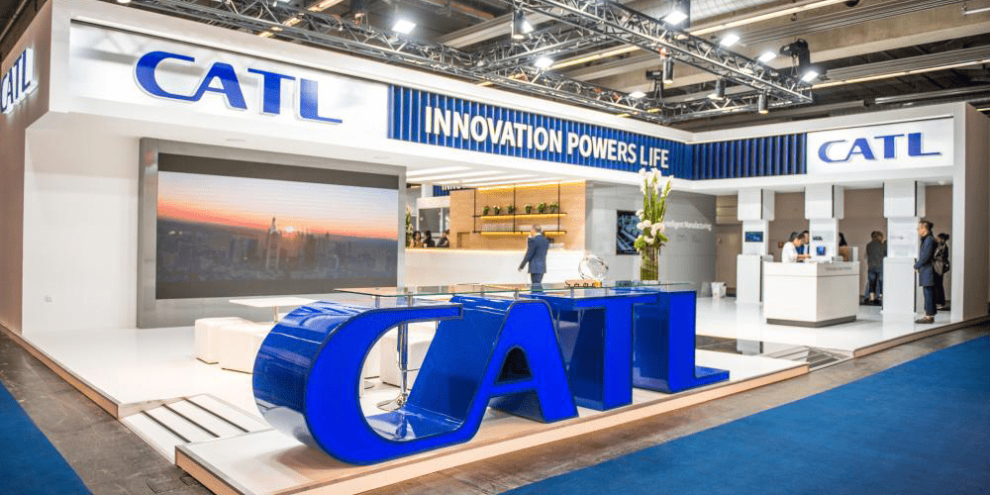Zambia’s President Hakainde Hichilema recently returned from a state visit to China. During that visit, he met with BYD and CATL, which are some of the leading players globally in the electric vehicle and stationary storage ecosystem. In a post on X, President Hichilema said, “We have the natural resources, they have the technology.
This is the symbiotic relationship we’re pursuing with companies like BYD and CATL, who are the largest EV and energy storage battery manufacturers, to invest in Zambia.”
President Hakainde Hichilema with Wang Chuanfu, the founder, chairman, and CEO of BYD
This is a significant development for Zambia and the rest of the continent. It is another example that goes to show that conversations around the electric mobility ecosystem are now being held at the highest levels in more African countries. As the transition towards electric mobility accelerates around the world, African countries should not be left behind and should also be positioning themselves to extract maximum value for their economies and citizens.
Over the years, we have covered a lot of the developments happening in the electric mobility space in several countries on the African continent. Essentially all of these have been driven purely by the private sector through independent small companies with some support from some NGOs, some angel investments, growth accelerators, some venture capital firms, and in a lot of cases, funded purely by cofounders bootstrapping to get things done. A lot of these firms have been running pilot programs at various stages and some are now transitioning to early commercialization stages. But as one famous person said, prototypes are easy, production is hard, and therefore all these firms need all the support they can get.
There are now some industry bodies that are trying to work with key stakeholders, including governments in their countries, to build a critical mass, speaking with one voice, and lobbying for support for the e-mobility sector. However, one of the key enablers of the transition will always be significant buy-in from the local and national governments. So, it’s really great to see President HH of Zambia engaging with some of the global industry leaders. Hopefully this will translate into some solid tangible outcomes.

Zambia has several key minerals that are part of the e-mobility supply chain, such as copper, cobalt, and nickel. Hopefully discussions also revolved around how some of the more affordable EVs coming from BYD’s stable such as the BYD Dolphin, ATTO 3, and Seagull (when the Seagull gets a right-hand drive version) can be offered on the Zambian market in the near future, to help increase the number of all electric vehicles offered in the Zambian market, thereby helping to catalyze the transition. As volumes grow, this could also lead to a potentially big opportunity to have some of these vehicles assembled in Zambia, unlocking key opportunities along the value chain for local suppliers of some components. Zambia’s grid is powered by about 90% renewables, mostly hydropower, that means electric vehicles in the country would be charging on some very clean electricity.
We really need more presidents on the African continent to join the conversation and actively lead on some of these initiatives. We see examples from other places, such as the recent meeting between Elon Musk and President Erdoğan of Turkey. Also, just the other day, Elon Musk also met with Prime Minister Benjamin Netanyahu. Closer to home, President William Ruto of Kenya has also been actively promoting electric mobility. At the recent Africa Climate Summit in Nairobi, President Ruto switched his entire motorcade to an all-electric one, including electric motorcycles and cars for the duration of the Summit. I will be following all of this action closely to see if more leaders on the African continent also start to actively promote electric mobility.
Source : Clean Technica












